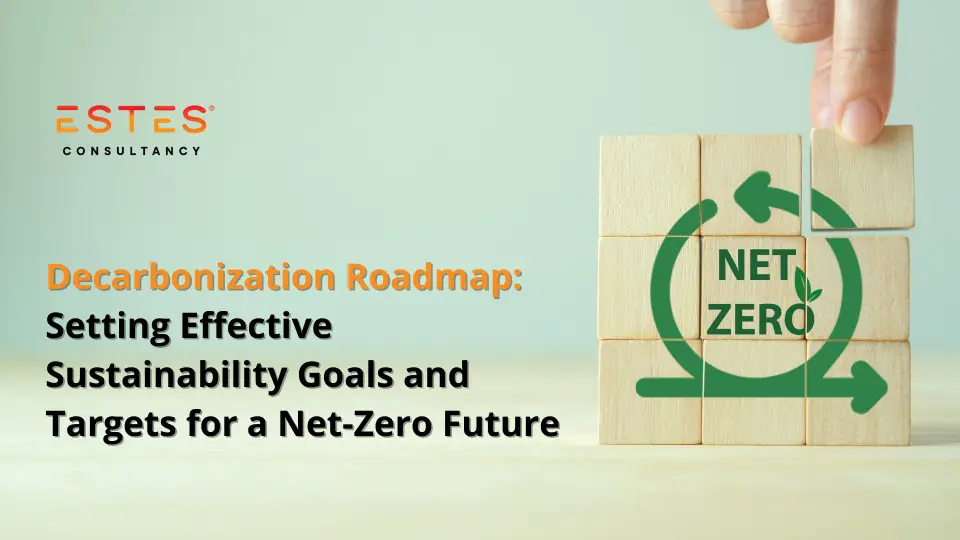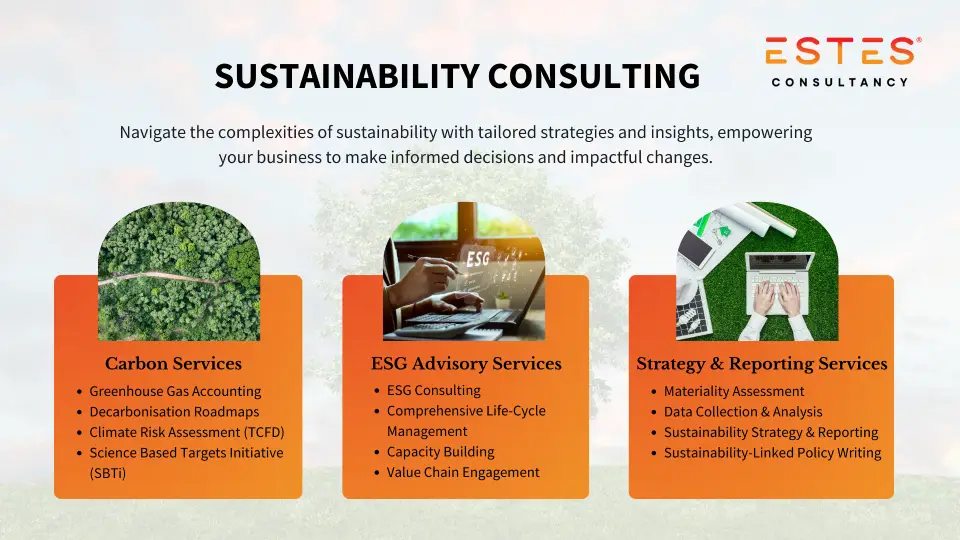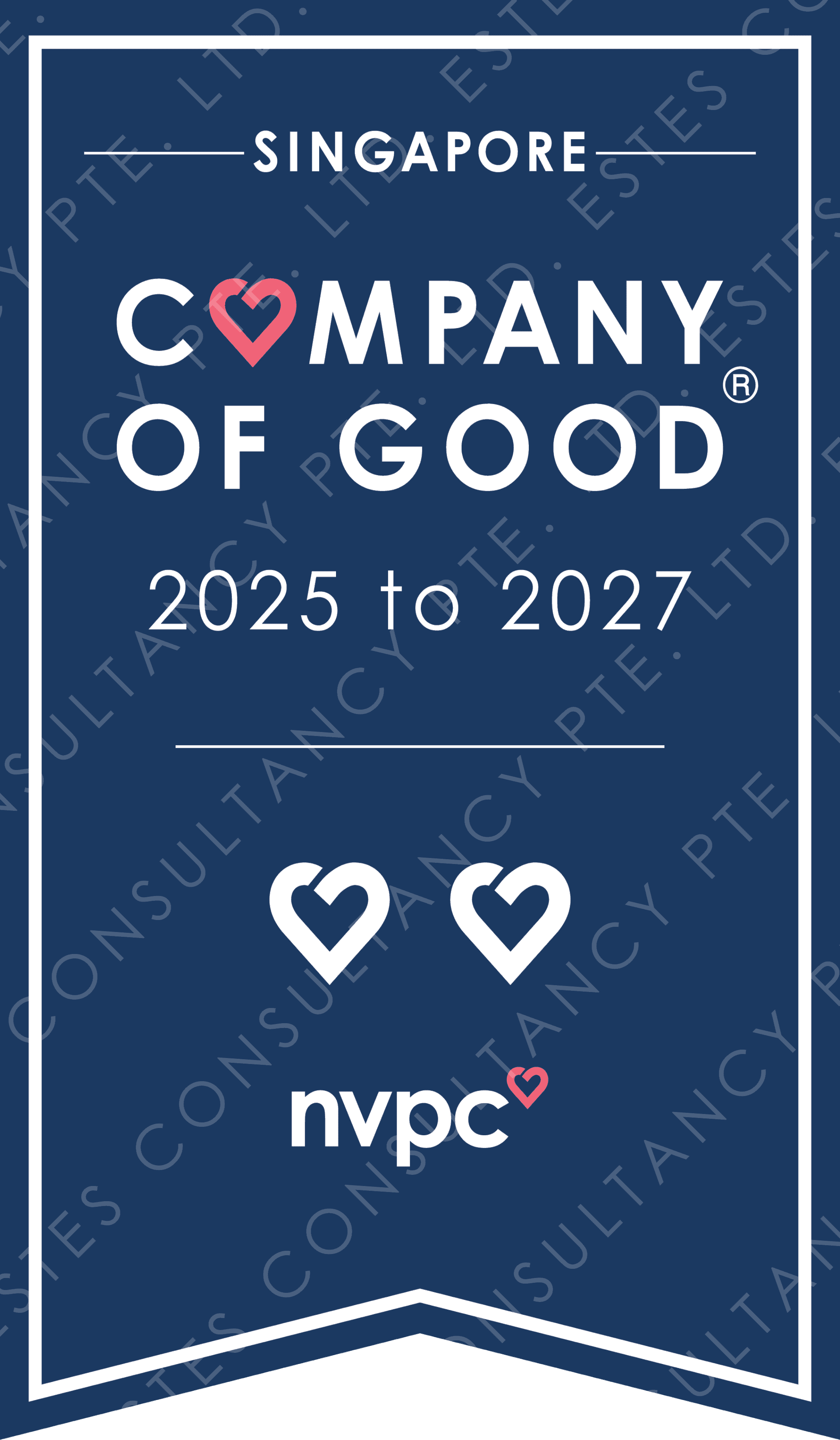
Decarbonization has become a key priority for businesses and governments around the world. With climate change threats looming larger each year, the need for organizations to set ambitious sustainability goals and targets is more urgent than ever. As industries strive for carbon neutrality, creating a roadmap to decarbonization is crucial. This article will explore how businesses can effectively set goals, define targets, and implement strategies to achieve a more sustainable future.
Decarbonization refers to reducing carbon dioxide (CO₂) emissions and other greenhouse gases (GHGs) that contribute to global warming. It’s a fundamental strategy to achieve climate goals like limiting global temperature rise to 1.5°C above pre-industrial levels, as outlined in the Paris Agreement.
For businesses, decarbonization means transitioning away from fossil fuels toward cleaner, renewable energy sources. It also involves improving energy efficiency and adopting technologies that minimize carbon emissions throughout operations.
Setting decarbonization goals is not just about meeting regulatory standards, it’s a pathway to long-term business sustainability. Here are some key reasons to prioritize decarbonization:

Creating effective sustainability goals requires a clear understanding of a company’s current carbon footprint, the industries it operates in, and its long-term vision. Here’s how to approach goal setting:
Start by calculating your current carbon footprint. This includes direct emissions from your operations (Scope 1), indirect emissions from purchased electricity (Scope 2), and emissions from the entire value chain (Scope 3). A comprehensive footprint assessment will highlight where the majority of emissions come from and provide a baseline for future reductions.
Your goals should align with international frameworks like the Science-Based Targets initiative (SBTi), which provides specific, measurable pathways for businesses to reduce emissions in line with climate science.
Decarbonization is a gradual process. Breaking your goals into short-, medium-, and long-term targets makes them more achievable. For example:
Once decarbonization goals are established, the next crucial step is to set clear sustainability targets that address various operational aspects of the business. One of the primary areas of focus should be the energy transition. Companies must prioritize shifting from fossil fuels to renewable energy sources, such as wind, solar, and hydropower. The objective should be to achieve 100% renewable energy in electricity consumption within the next decade. This shift not only reduces greenhouse gas emissions but also enhances energy security and potentially lowers energy costs over time.
Another critical area is energy efficiency. Businesses should implement energy-efficient technologies across their operations, including offices, manufacturing facilities, and data centers. Setting a target to improve energy efficiency by 25% over the next five years can significantly reduce unnecessary energy consumption. This can involve upgrading to energy-efficient lighting and HVAC systems, utilizing smart building technologies, and conducting regular energy audits to identify further opportunities for improvement.
Additionally, addressing supply chain emissions is essential, as Scope 3 emissions often constitute a significant portion of a company’s overall carbon footprint. Engaging with suppliers to encourage the use of low-carbon materials and transportation options can help lower these emissions. Developing partnerships with green-certified suppliers and setting a target to source 50% of materials from sustainable suppliers by 2030 can create a more environmentally friendly supply chain while promoting sustainability throughout the value chain.
Finally, while the primary focus should be on reducing emissions, carbon offsetting can play a role in achieving net-zero goals. Investing in verified carbon offset projects, such as reforestation initiatives or renewable energy projects, allows companies to counterbalance any unavoidable emissions. By establishing these comprehensive sustainability targets, businesses can make substantial progress toward decarbonization while fostering a culture of environmental responsibility.

Decarbonization is not just an environmental imperative, but also a strategic business move. Setting and achieving decarbonization goals demonstrates leadership in sustainability and positions your company for long-term success. By leveraging technology, aligning with global standards, and creating a clear roadmap, businesses can reduce emissions, meet regulatory requirements, and contribute to a healthier planet.
Looking to set realistic sustainability goals and decarbonization targets for your business? Estes Consultancy can help you create a comprehensive decarbonization roadmap tailored to your unique needs. As a leading sustainability consulting firm in Singapore, we specialize in guiding businesses toward sustainable growth while meeting industry standards. Whether you’re working towards net-zero emissions, need help with sustainability reporting, or want to implement greener business practices, our team is here to assist you every step of the way.
Contact us today to begin your journey toward a more sustainable future!



Built by: Blink